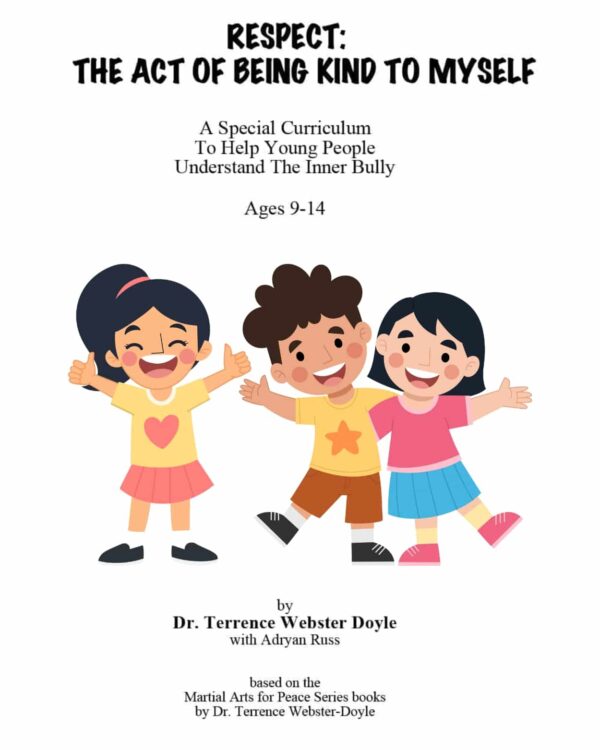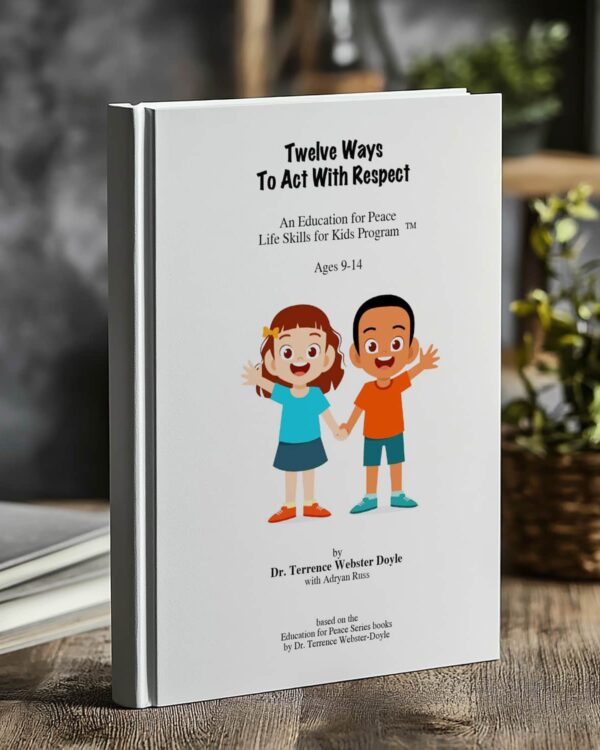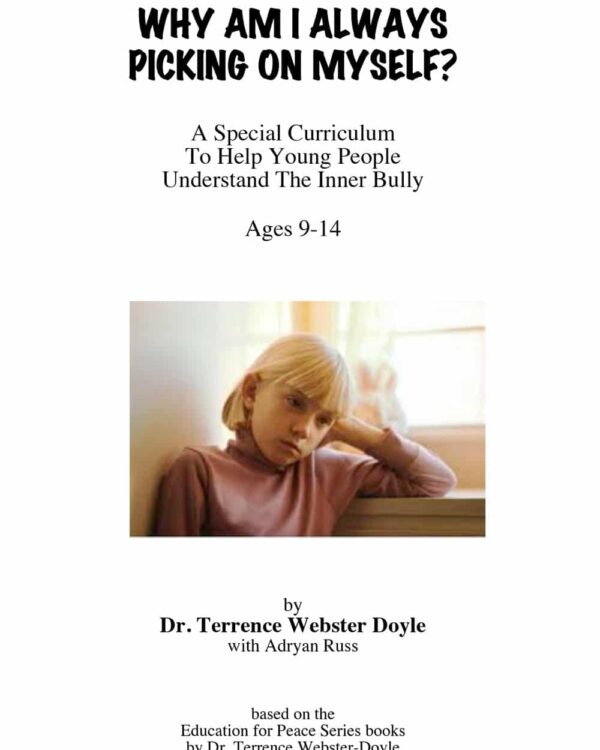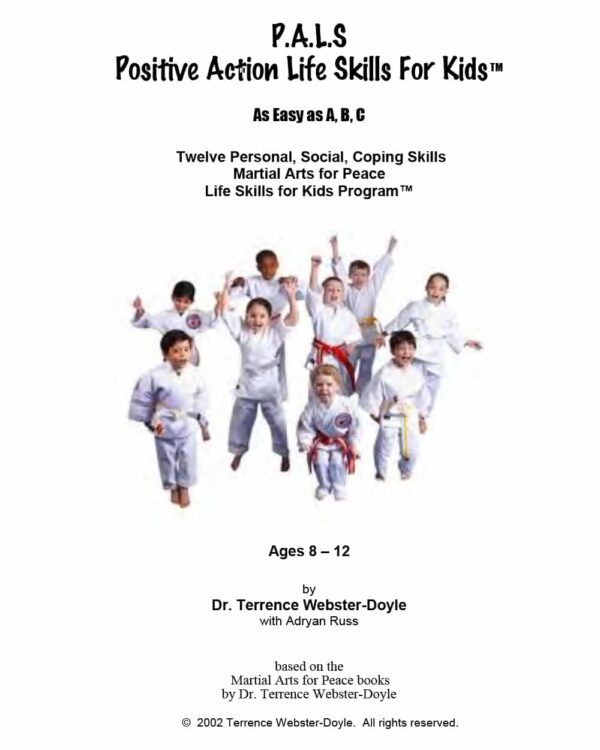Do Others Really Make Us Angry? How Awareness Transforms Conflict and Choice

You Make Me So Mad…
So how many times have we heard this, or even said this to someone else?
I can count numerous times just for myself, not to mention all the times I have heard it in my life. Just this has caused so much conflict in my life. But let’s really look at what this means.
One day I was having an argument with my boyfriend. I don’t remember what the argument was about but I do remember that I said, “You make me so angry.” To this he responded, “I do not make you angry, you choose to be angry by what I say.” I was frustrated and upset by this, but went away thinking about it.
After a while I realized that what he said was true. It was never he that made me feel that way. I could have chosen to listen and not get mad. I could have chosen to see his attacks at me in a positive way.
Because I didn’t see that I was reacting from my own conditioning and not actively choosing to respond, there had been much conflict and no real resolution.
From this point on I decided to make the effort to become aware of my choices and to respond with this awareness.
Does someone else really make us mad? Is that possible? Or is it that we choose to be mad?
Let’s look at any particular situation in our lives to see what the truth of the matter is.
Ok…so we are in an arguement with someone, and we are starting to get upset. But, what is it that is making us upset? They are talking and perhaps saying things that are disturbing. Are they causing us to be upset… are they making us upset?
If we really looked at it we might notice then, that we have the choice to get mad or not. Instead, we often react to the situation without awareness; and this may lead us to conflict.
We react without awareness, and we blame the other person for making us feel or behave in that way. But in actuality, it is through our conditioning that we have reacted. Because conditioning is action without awareness… we were not aware of our actions. Seems simple enough.
We thought that the other person was causing us to feel/behave in the way we did. We did not realize that we had the choice to do what we wanted. That we could act with awareness in numerous ways.
What if we were to just look at the situation without the emotions. What if we were to look at what they were saying with unbiased eyes. What if we were to just stand back, look and notice. Would we be as inclined to get upset or mad?
Social Emotional Resources
Isn’t it then that we are actually choosing to be mad, rather than them making us mad? If we can so easily change our outlook with simple awareness… then, isn’t it us that is making us mad? So, if this is true, all those times that we were/are upset, or frustrated, or angry… could we then just change that reactive mood? Could we just be aware for that moment, and see the many options we have at hand?
Try it sometime. When you are in an argument…or even if the arguement is long over…or you are just feeling bad in general, just try once to see if you can change your mood. Now, don’t just try a little and give up. Make it a wholehearted attempt. Just for the fun of it. Just to see the truth in the matter.
Now, there is nothing wrong with feeling bad or hurt, or angry or upset, it certainly has it’s place in healing and such. But just try it for the fun of the experiment… and to also give you a clue about yourself and how we are conditioned to react, instead of acting with awareness.
It is important not to blame others for making us feel a particular way. With this awareness of choice…. comes a certain freedom and responsibility.
The next section is in dialogue format between Felicity and Jean in response to the article.
J. Am I understanding you correctly? You were angry at your boyfriend. Probably you had been psychologically conditioned to get angry in certain types of situations by the traditional behavior of your family. Suddenly you realize from your boyfriend’s remark that there are other choices of ways to behave. For the first time you realize how deeply you were conditioned to behave, so much so that you didn’t realize there were other options. Am I understanding you correctly?
F. Yes, that is correct. There are infinite choices available in each situation… but we may not always see these choices. We may be conditioned to only see one path of action. But that still does not change the fact that those other choices exist. It takes awareness to see that there are infinite choices. And it takes awareness to be able to make those choices.
J. Can we choose the way we behave? Is there a choice in the way we behave toward someone? A man behaves towards women as if they were inferior. He was taught women were inferior since childhood. Until he realizes or sees another way of behaving, does he have a choice?
F. The choices are always there. Like if we were to choose a candy from a limited assortment of candies in front of us, thinking this is all the choice we have. But we did not realize that there were many more choices of candy under the counter. The choices always existed, we just did not have the realization and awareness that they did. So I guess in some respect, we did not have a choice. There are some choices that we make which are purely concrete.
J. Does behavior really change from choosing to change it? When you choose a different form of behavior which is different from the behavior of getting angry, are you still choosing from what you know and have been conditioned psychologically to accept as options? If you paid real attention to your boyfriend and listened to the way he was speaking and acting, might you really hear what he was saying and then that communication itself would bring about a new behavior?
F. Change comes about through awareness. If you act without the awareness, then you are still reacting out of your own conditioning. But if you act with awareness, then you can see clearly your own conditioning and also the many choices at hand.



